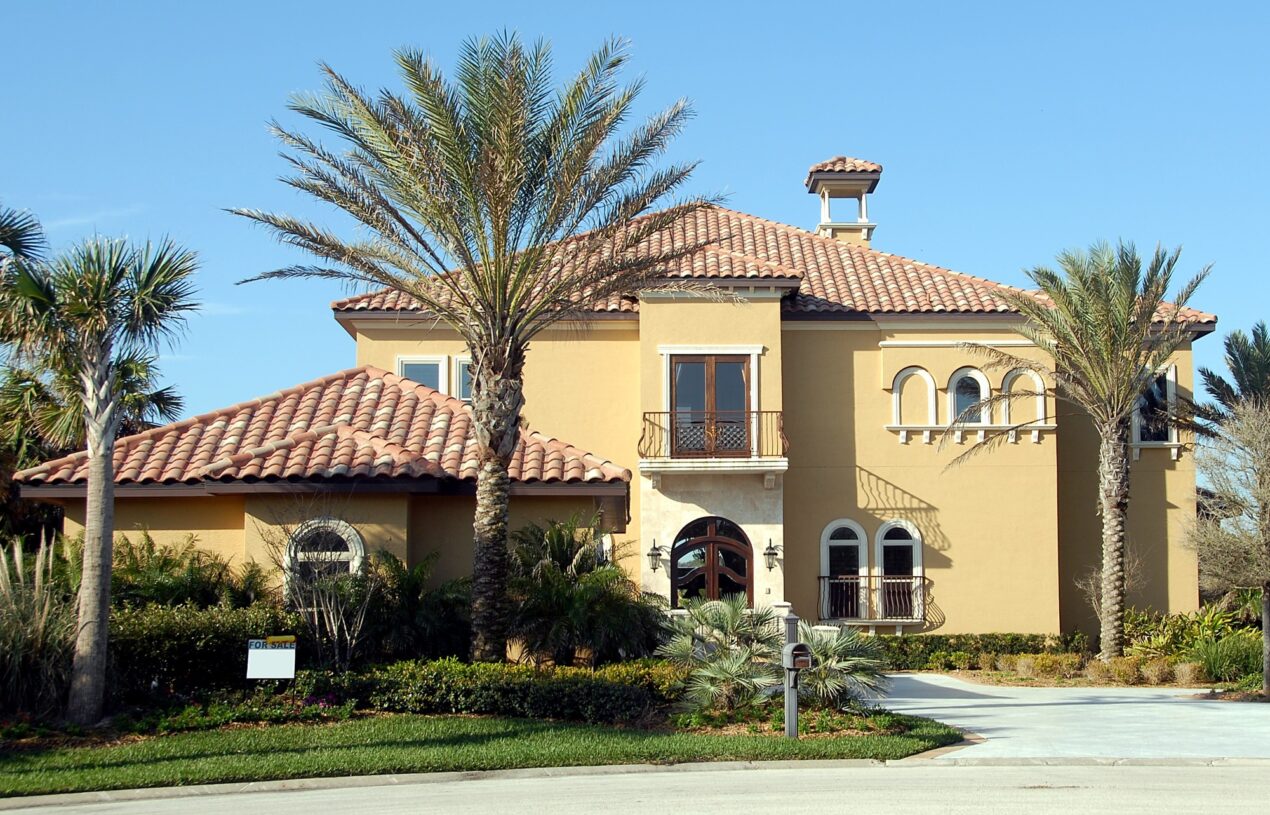For both domestic and international travelers, the U.S. is a prime tourist destination. Prior to the COVID pandemic, tourism generated almost $2 trillion in economic output.
Fortunately, the industry is rebounding, and travel is returning to a healthy place. As more and more tourists travel, the need for safe, affordable vacation rentals grows.
You may be eyeing a property of your own, eager to turn it into a vacation rental. You may have visions of turning your vacation home into the hot new destination for travelers around the world.
But before you rush into renting out a vacation home, here are 7 tips to make your vacation home management easier.
1. Market Your Property
Marketing your property is essential. Fortunately, there are lots of ways to do it. You could set up your own website and invest in SEO (search engine optimization) services.
There are also tons of vacation rental sites. Airbnb and VRBO are two of the most well-known ones.
However, there are also vacation rental sites that aggregate results from multiple sites. Tripping and HomeToGo are two examples. A visitor can type in their destination and budget, and available listings across multiple sites will pop up.
Regardless of how you decide to market your property, you’re going to need high-quality, professional photos and videos to show off your property.
The best marketing will always be word of mouth. Ask recent guests for reviews. Collect those positive reviews and use them to highlight the strengths of your vacation rental.
2. Invest in Security
Burglar alarms and motion-sensing lights can act as a deterrent for would-be burglars. Many modern alarm systems also integrate with smartphone apps, allowing you to receive a notification immediately when something goes wrong.
Security cameras are also a good idea to monitor the exterior of your property. Not only can they make your guests feel safe, but a security camera can be used to remotely monitor the premises and ensure that guests check in and out safely. If a repairman is due to arrive, you can monitor their arrival and ensure that repairs are done.
Don’t forget other safety alarms too, such as a fire alarm and a carbon monoxide detector.
3. Make Your Guests Feel Welcome
A little bit of extra effort can go a long way in making your guests feel welcome. Consider providing a list of your favorite local restaurants, a map of the nearby area, and other guest recommendations.
You may also want to include information on your house rules, instructions on how to access the wifi, and how to work the air conditioner.
You should also include a guest book that provides the location of the nearest pharmacy, hospital, and of course, your contact information. If you decide to hire a property manager, add their contact information to the guest book.
If you opt to self-manage your remote vacation rental instead, consider opting for a digital guidebook. It can be updated from anywhere. Plus, you can send it to your guests ahead of time.
4. Consider Hiring a Property Manager
A property manager can save you a lot of time and trouble, especially if you don’t live near your rental. It’s one of the more popular management options for a reason.
Depending on the property management company, they could do anything from overseeing guest check-in and check-outs, act as an emergency contact for guests, or conduct repairs.
For many vacation homeowners, it’s worth paying a property manager to handle the details for them.
5. Price It Properly
Unlike a traditional home rental., vacation property prices vary depending on the season. Other factors, such as nearby events, concerts, or festivals, can also impact demand.
When considering how to price your property, make sure you’re pricing it in comparison to similar properties in the area. It’s easy to look at other properties and set your price similarly, but if they offer more amenities than you for a similar price, you may not get as many bookings.
Likewise, if you price too high, you may make more money per traveler, but you may also be losing money long term. If your property isn’t priced affordably, you may have long stretches with little to no bookings.
Finally, when choosing a price, don’t make the mistake of pricing based on your own personal value. It’s easy to get attached to a property that you bought and love since you are both emotionally and financially invested. However, you may be pricing too high for potential renters.
6. Find Reliable Services
Unless you’re doing everything yourself or hiring a property manager, you’re going to need to find some quality, reliable services. You should consider seeking out a good plumber, contractor, and electrician.
You may also want to invest time in finding a landscaper too. Having a neatly trimmed lawn and an attractive garden can make a positive first impression on visitors.
Take your time to find the best experts. There are labor shortages in many industries, including landscaping and home remodeling. Referrals from friends and family are still your best option for finding trustworthy experts.
7. Communicate, Communicate, Communicate
Even if you hire a property manager and remotely manage your property as much as possible, reach out to your guests and let them know you’re available. Let them know to get in touch with you if they need help or have any problems. Let them know how to best contact you or your property manager, especially in the event of an emergency.
Make Vacation Home Management Easy
Renting out your property can be nerve-wracking, especially if you’re new to owning and running a vacation rental. However, you can make things easier for yourself by following these vacation home management tips.
Check out the rest of the site for more advice and tips on finances and real estate.

